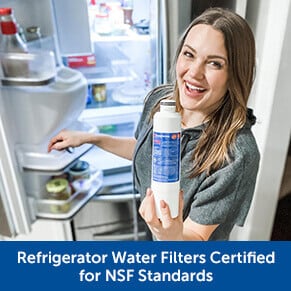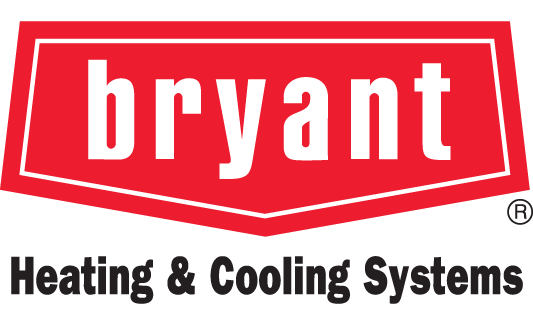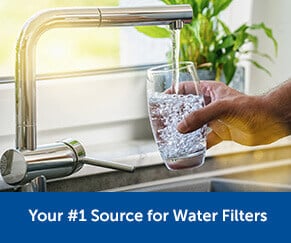We are getting things dialed in at our new home. A kinetico softner with a pre filter and a kinetico RO system has our water looking and tasting great! However, on the hot water side of things I notice a slight sulfur smell. There was a period of a couple weeks where the softener was not doing enough softening. Is this something that will work itself out over time?
I thought I needed an aluminum anode rod instead of the stock one that came with our new softener. According to a Grainger tech it is not likely the anode rod considering the new softener has only been installed for a little over a month.
I believe my iron is around 7ppm and the hardness level is around 42. The Grainger guy said those levels necessitate an iron filter. Ouch. I am afraid of the cost of that and hate to think what another filter could do to my water pressure.
Thanks in advance for any help or advice.
I thought I needed an aluminum anode rod instead of the stock one that came with our new softener. According to a Grainger tech it is not likely the anode rod considering the new softener has only been installed for a little over a month.
I believe my iron is around 7ppm and the hardness level is around 42. The Grainger guy said those levels necessitate an iron filter. Ouch. I am afraid of the cost of that and hate to think what another filter could do to my water pressure.
Thanks in advance for any help or advice.













Comment